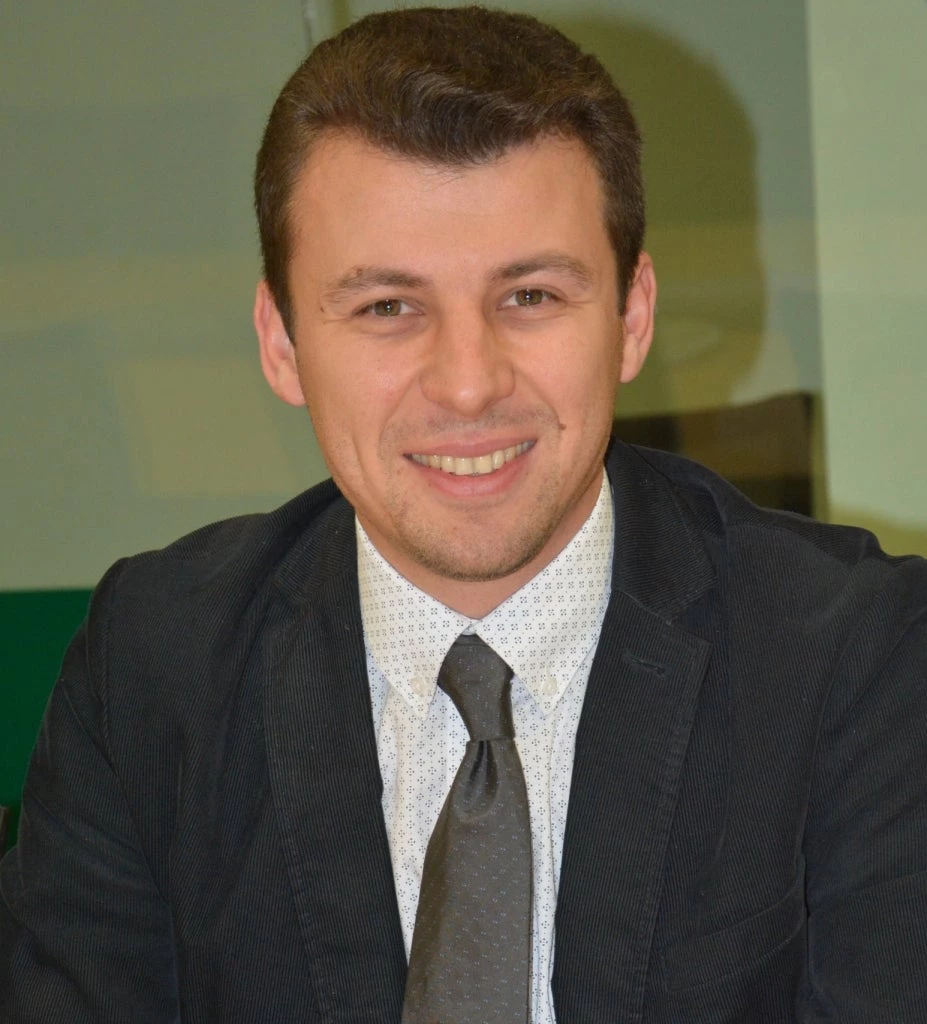
Did you know that funding Moldova’s Parliament costs each citizen on average $2 per year - the country spends double the share of its public budget for the cost of its Legislature when compared to Finland, Lithuania or Ireland. Or that the cost of passing a law in Moldova in 2012 was twice what it cost in 2011? These are just some of the many interesting facts I recently learned about my country through an Open Data initiative.
Budget Stories is an Open Data initiative which originated as a grassroots idea among the “think-tank” community in Moldova and has quickly developed into a popular and useful online tool for citizens, primarily by digesting raw budget execution numbers and presenting them as visually-engaging infographics.
Aside from costs related to our Legislature, I have accessed a lot of useful information from Budget Stories on a range of subjects. For example, with regard to education:
- Moldova’s student population at the primary and secondary level decreased by about 30 percent between 2005 and 2012, from over 510,000 to less than 365,000 students. Yet, only 10 percent of our schools were closed during this period.
- The annual cost of educating a child during the same period nearly quadrupled to more than 10,000 Moldovan lei (roughly 800 USD) per year.
- Education in Moldova today consumes 0.5% more of the country’s GDP than it did eight years ago.
Budget Stories also provides information on agriculture, such as:
- 0.5 percent of Moldova’s GDP goes towards agricultural subsidies.
- Moldova sees opportunities in investing in high-value agriculture, yet more than two thirds of its subsidies go to large-scale farms - which only generate a third of total agricultural production.
Moldova was among the first countries to embrace the call for greater openness in government and as a member of the Open Government Partnership has committed to overhauling its communications and interactions with citizens and businesses. Recognizing Moldova’s success so far, the recently released Open Data Index (produced by the Open Knowledge Foundation) ranked Moldova in 12 th place among 70 countries in terms of Open Data. The Index looked at legislation, online access, budget execution and openness, among other criteria.
This openness agenda is part of a broader government philosophy of “e-transformation”, which is supported by the World Bank. The government is working to transform the delivery of selected public services using Information and Communication Technologies, with the ultimate goal of building a more accountable and responsive public administration.
One of the first Open Data initiatives in Moldova was BOOST, an online database designed to track and analyze budget expenditures, which was launched by the World Bank and the Moldovan Ministry of Finance in May 2011. The idea behind this database was to help improve budget transparency, with the ultimate goal of creating greater accountability and better targeted public expenditures.
An ambitious idea at the time, BOOST has successfully led the way for more initiatives to follow, including Budget Stories. Such Open Data initiatives can only help to better inform our citizens and thereby contribute to better governance and a brighter future for our country.
Useful links:
BOOST: http://moldova.wb-boost.org
Budget Stories: www.budgetstories.md
Open Government Partnership: http://www.opengovpartnership.org/
Open data Index: https://index.okfn.org/
Open Knowledge Foundation: http://okfn.org/


Join the Conversation